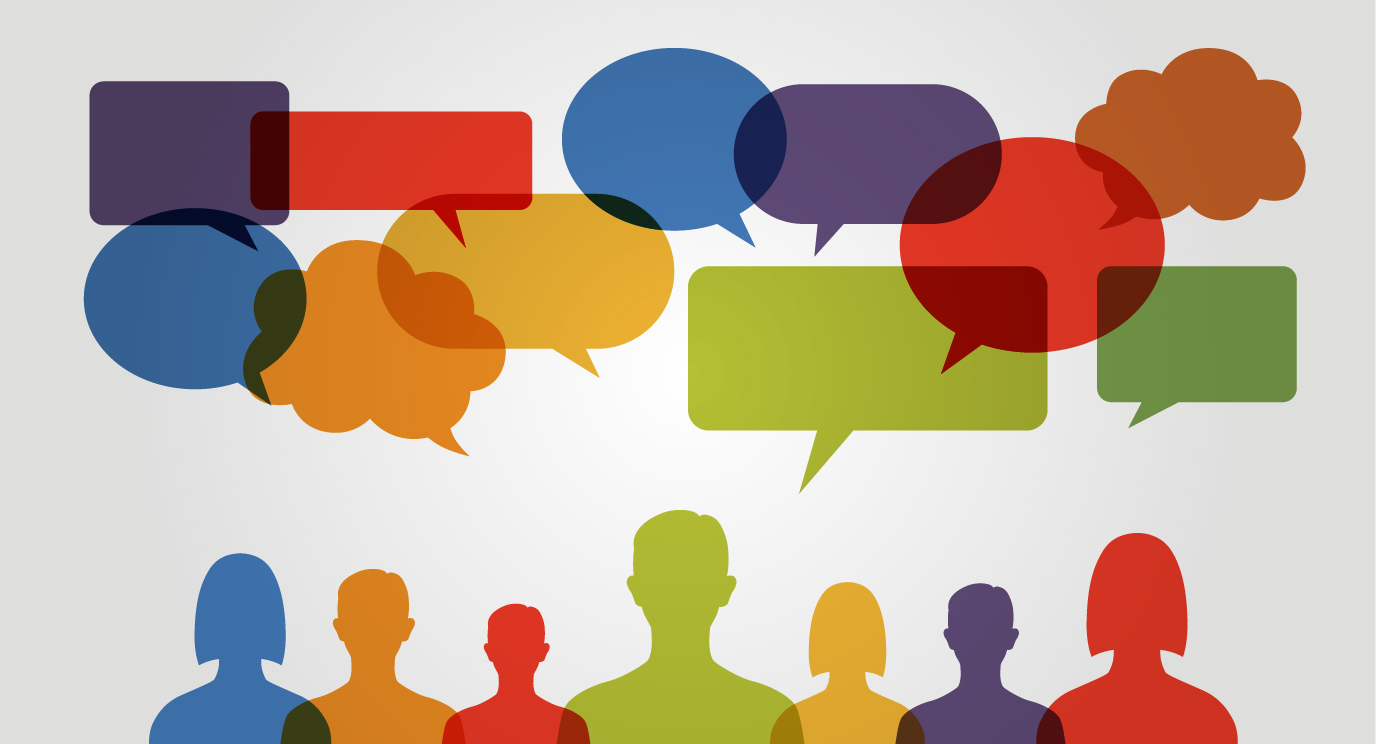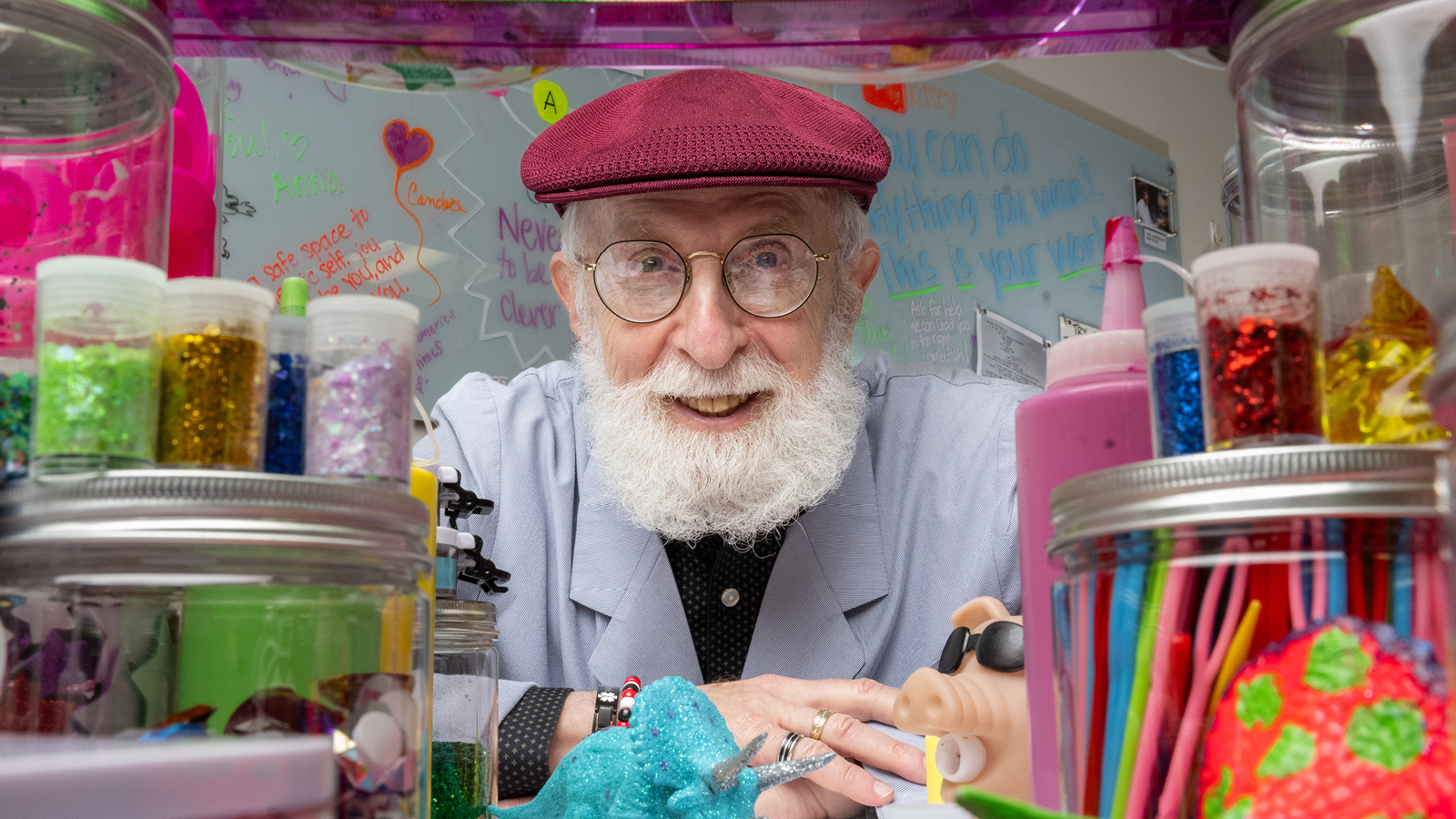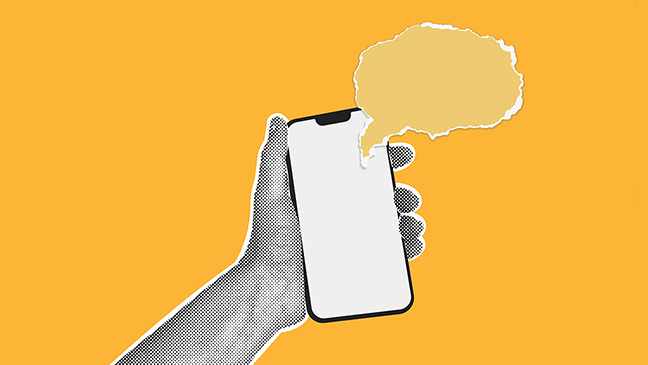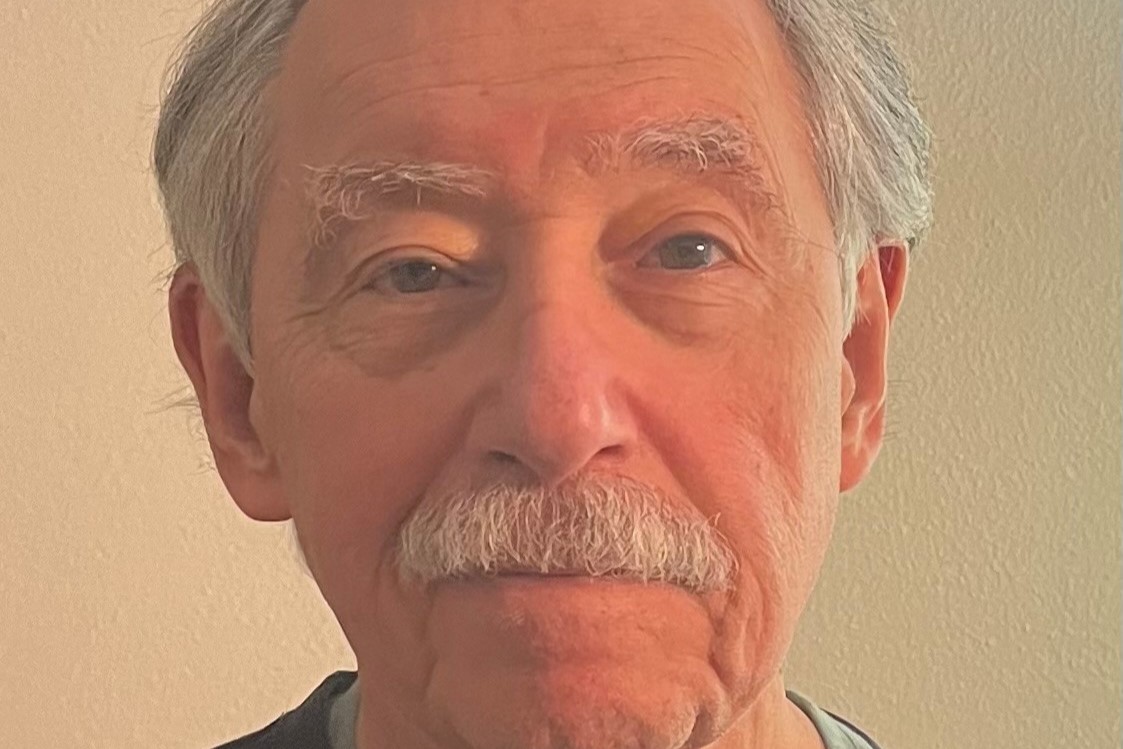- Diseases
- Acoustic Neuroma (16)
- Adrenal Gland Tumor (24)
- Anal Cancer (70)
- Anemia (2)
- Appendix Cancer (18)
- Bile Duct Cancer (26)
- Bladder Cancer (74)
- Brain Metastases (28)
- Brain Tumor (234)
- Breast Cancer (728)
- Breast Implant-Associated Anaplastic Large Cell Lymphoma (2)
- Cancer of Unknown Primary (4)
- Carcinoid Tumor (8)
- Cervical Cancer (164)
- Colon Cancer (168)
- Colorectal Cancer (118)
- Endocrine Tumor (4)
- Esophageal Cancer (44)
- Eye Cancer (36)
- Fallopian Tube Cancer (8)
- Germ Cell Tumor (4)
- Gestational Trophoblastic Disease (2)
- Head and Neck Cancer (14)
- Kidney Cancer (130)
- Leukemia (342)
- Liver Cancer (50)
- Lung Cancer (286)
- Lymphoma (278)
- Mesothelioma (14)
- Metastasis (30)
- Multiple Myeloma (100)
- Myelodysplastic Syndrome (60)
- Myeloproliferative Neoplasm (6)
- Neuroendocrine Tumors (16)
- Oral Cancer (102)
- Ovarian Cancer (178)
- Pancreatic Cancer (162)
- Parathyroid Disease (2)
- Penile Cancer (14)
- Pituitary Tumor (6)
- Prostate Cancer (150)
- Rectal Cancer (58)
- Renal Medullary Carcinoma (6)
- Salivary Gland Cancer (14)
- Sarcoma (238)
- Skin Cancer (302)
- Skull Base Tumors (56)
- Spinal Tumor (12)
- Stomach Cancer (66)
- Testicular Cancer (28)
- Throat Cancer (92)
- Thymoma (6)
- Thyroid Cancer (100)
- Tonsil Cancer (30)
- Uterine Cancer (86)
- Vaginal Cancer (18)
- Vulvar Cancer (22)
- Cancer Topic
- Adolescent and Young Adult Cancer Issues (22)
- Advance Care Planning (12)
- Biostatistics (2)
- Blood Donation (18)
- Bone Health (8)
- COVID-19 (360)
- Cancer Recurrence (120)
- Childhood Cancer Issues (120)
- Clinical Trials (628)
- Complementary Integrative Medicine (22)
- Cytogenetics (2)
- DNA Methylation (4)
- Diagnosis (240)
- Epigenetics (6)
- Fertility (62)
- Follow-up Guidelines (2)
- Health Disparities (14)
- Hereditary Cancer Syndromes (128)
- Immunology (18)
- Li-Fraumeni Syndrome (8)
- Mental Health (122)
- Molecular Diagnostics (8)
- Pain Management (62)
- Palliative Care (8)
- Pathology (10)
- Physical Therapy (18)
- Pregnancy (18)
- Prevention (940)
- Research (390)
- Second Opinion (78)
- Sexuality (16)
- Side Effects (616)
- Sleep Disorders (10)
- Stem Cell Transplantation Cellular Therapy (216)
- Support (408)
- Survivorship (330)
- Symptoms (182)
- Treatment (1794)
Advice for couples from cancer caregivers and survivors
3 minute read | Published February 14, 2014
Medically Reviewed | Last reviewed by an MD Anderson Cancer Center medical professional on February 14, 2014
CT scans and chemotherapy sessions don't exactly make great dates. Coping with cancer treatment can be hard on couples, as it introduces new obstacles and challenges.
We talked to some of our patients and caregivers about what helped them grow closer to their partners during treatment. Here's their advice:
Communication is key.
"Cancer causes a variety of emotions for couples. In most ways, it brings you closer together and makes your relationship stronger. In other ways, it feels like you're a million miles apart, as you are both dealing with your own set of emotions.
Communication is key. As a caregiver, you will never fully understand what it's like to be on the other side and vice versa. Always talk about your emotions and try to understand each other. Also, make time for one another as a couple. Steve and I have date nights, weekend getaways, etc. But even just quiet time at home is great, too."
--Jennifer Martin, melanoma caregiver
Take care of yourselves.
"The most important thing my wife and I could do for each other was take care of ourselves. We were newly engaged when I entered a clinical trial in 2012. We had to keep pursuing what we loved to do, the interests that made us who we were. We had to adjust our lens a little bit since we were so far away from home and a normal life.
We became more verbal about our appreciation for each other and filled the gaps with laughter. At the end of every week, we'd go on a date (usually dinner), and we'd talk about life outside of what we were going through. The most important thing we did was maintain the connection that got us through each and every day."
--Justin Ozuna, chronic myeloid leukemia survivor
Create a support system.
"Having a support system for myself was a big factor. When my husband Steve was very sick and weak, I was able to bounce the stress of this off my sisters. If not for them, I'm not sure how I would have handled it. I also tried to keep busy. I spent a lot of time in front of my sewing machine. It was a great distraction when I needed it, keeping my mind busy and productive."
--Becky Remetta, non-Hodgkin lymphoma caregiver
Be there on the good days and the bad days.
"Dealing with cancer is rough, not just on the patient, but the spouse as well. It may even be harder on the spouse. He or she sees the daily struggle and pain and suffers without the aid of medical miracles.
Melanie and I rely heavily upon our ability to be understanding and compassionate. I help her whenever I am strong enough. She knows I will have good days and bad days and is willing to overlook things I may say in frustration. She also has bad days, I understand that. I comfort and love her through them. Together, we are strong.
--Harley Hudson, chronic lymphocytic leukemia (CLL) patient
Related Cancerwise Stories

We became more verbal about our appreciation for each other.
Justin Ozuna
Survivor





